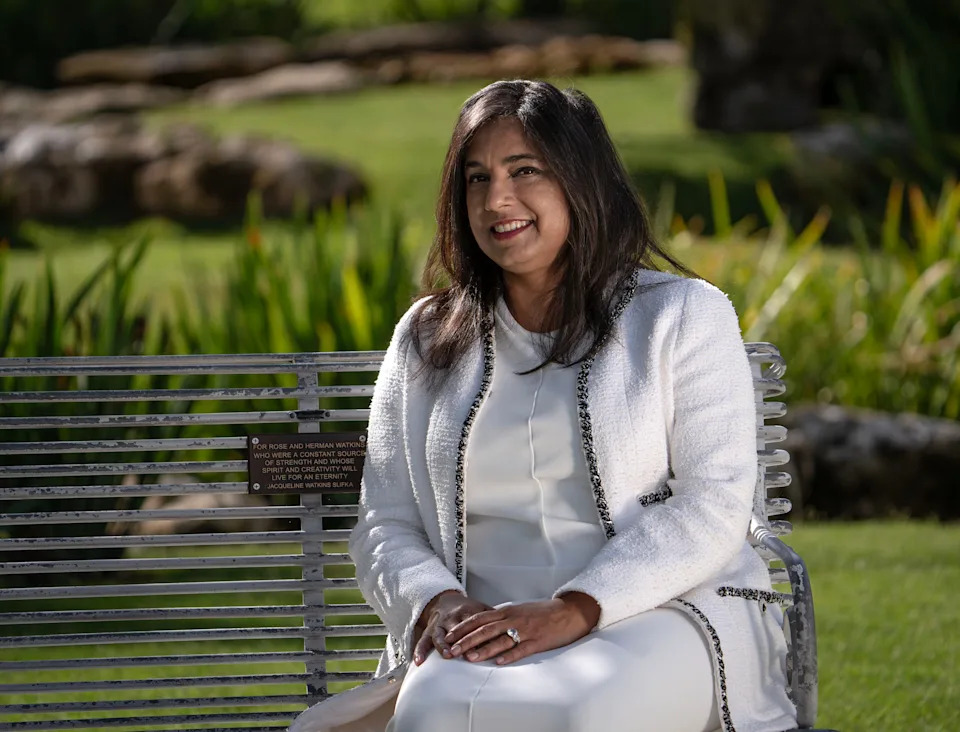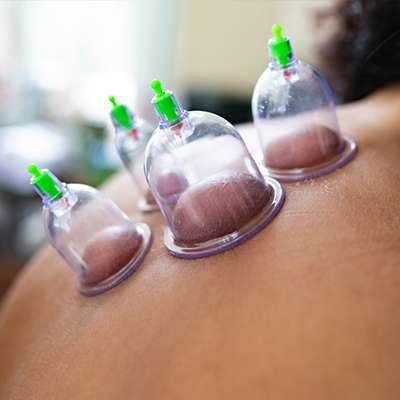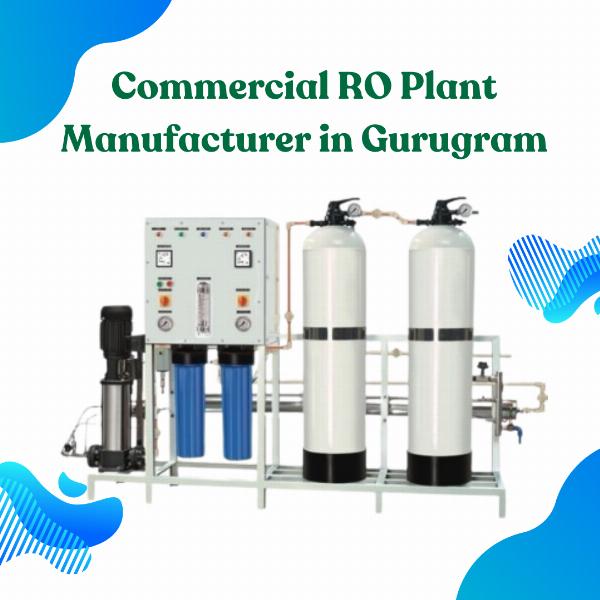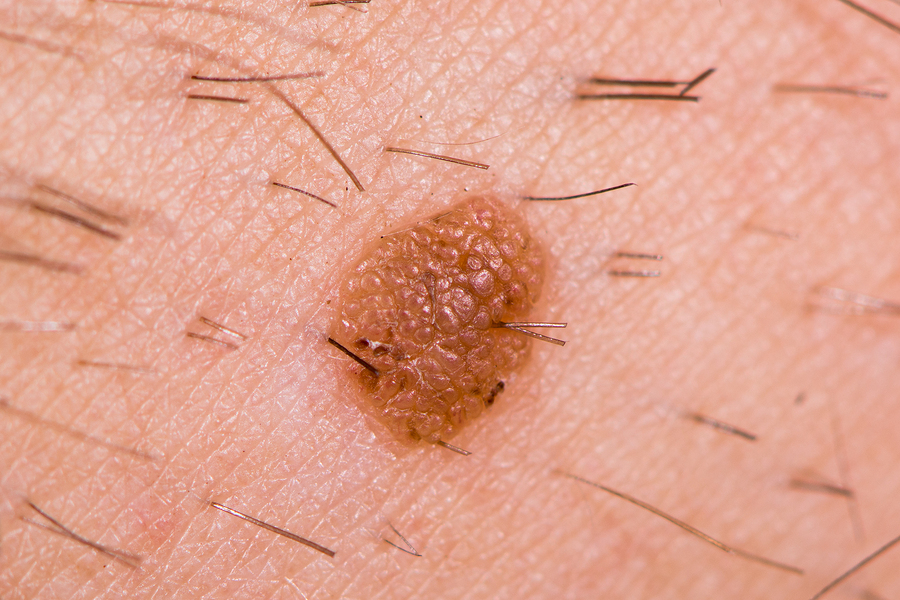Palm Beach physician pioneering new advances in ALS and inflammatory disease treatment
A Palm Beach physician-scientist is leading efforts to create breakthrough treatments for Parkinson's, ALS, Alzheimer's and other diseases through a biotech company she established nearly a decade ago.
Dr. Simrit Parmar, a Northwestern University-trained oncologist and research scientist, launched Cellenkos Inc.,in 2016 to accelerate the clinical development of "T regulatory cell" therapies for the treatment of autoimmune diseases and inflammatory disorders.
T regulatory cells, or Tregs (pronounced tee-regs), are natural immune system regulator cells that suppress the activity of other immune cellsto prevent excessive inflammation and autoimmune reactions.
 Dr. Simrit Parmar, a Palm Beach resident, is a research scientist and oncologist working on therapies using T regulatory cells.
Dr. Simrit Parmar, a Palm Beach resident, is a research scientist and oncologist working on therapies using T regulatory cells.Before launching Cellenkos, Parmar conducted extensive research on these cells and developed therapies based on them.
While working as an oncologist/hematologist in the Department of Stem Cell Transplantation and Cellular Therapy at the University of Texas’s MD Anderson Cancer in Houston in 2009, she developed treatments using T regulatory cells derived from umbilical cord blood to help prevent graft-versus-host disease (GVHD), a complication that can occur after anallogeneic stem cell or bone marrow transplant.
Parmar told the Daily News it was “very discouraging” to watch patients die from GVHD, which motivated her to focus her research on controlling the inflammation caused by donor cells, starting with the discovery of T regulatory cells. As she continued to conduct her research, she discovered that these cells had uses beyond preventing GVHD.
"We found that the application of these cells is beyond just that one niche," she told the Daily News. "It can be applied to any autoimmune disease, to any inflammatory disorder."
In 2016, the cell technology Parmar developed at MD Anderson was licensed to Cellenkos, which now supports her ongoing research through a sponsored research agreement.
Since then, Parmar has focused on her work advancing targeted Treg cell therapies designed to ease inflammation and regulate immune function.
Cellenkos is currently in clinical trials for various inflammatory and autoimmune diseases, including ALS, bone marrow failure, severe COVID-19 and myelofibrosis. Results have been positive so far, Parmar said, noting that ALS patients have seen a delay in disease progression and functional decline and an improvement in quality of life.
"We have made some great strides in neurodegenerative disease," she said. "We just published a paper in the New England Journal of Medicine Evidence on ALS, where we showed not only disease halting, but slight improvement in resolving inflammation. That research has applications beyond just ALS. We are hoping as we are garnering more funding, we can go after Parkinson's, Alzheimer's and multiple sclerosis."
Inflammation is the root cause of many diseases including cardiac, respiratory, neurological and hematological disorders, Parmar said, and it also drives many autoimmune diseases.
Parmar’s cell therapies restore immune balance by targeting harmful T cells — a type of white blood cell called lymphocytes — that can mistakenly attack healthy cells in the body, and retraining the body’s own defense mechanisms.
"We have a drug that heals inside out," she said. "We believe that we neutralize the bad player, which may not have initiated the inflammation, but definitely plays a key role in the propagation of widespread inflammation."
Parmar, a mother of three who lives in Palm Beach’s North End and travels regularly to Houston, where Cellenkos is based, said she remains committed to developing cell therapies targeting a broad range of autoimmune and inflammatory diseases.
Cellenkos is pursuing funding for larger ALS research studies in the U.S., and it is also preparing for the next phase of clinical trials required for federal Food and Drug Administration approval.
Parmar said she sees Palm Beach County’s emergence as a neuroscience hub as a key benefit of her move, and she hopes it will lead to new research, development, and partnership opportunities.
"We’re incredibly excited about the momentum building in the Palm Beach and Jupiter area around neuroscience innovation," she said. "With new opportunities for R&D collaboration in the region, it presents an ideal environment for us to expand. We see great potential not only to develop a manufacturing facility for neurological compounds … but also to establish a dedicated treatment center that brings these breakthroughs directly to patients.”
Jodie Wagner is a journalist at thePalm Beach Daily News, part of theUSA TODAY Florida Network.You can reach [email protected].
This article originally appeared on Palm Beach Daily News: Palm Beach physician-scientist pioneering groundbreaking ALS therapy













